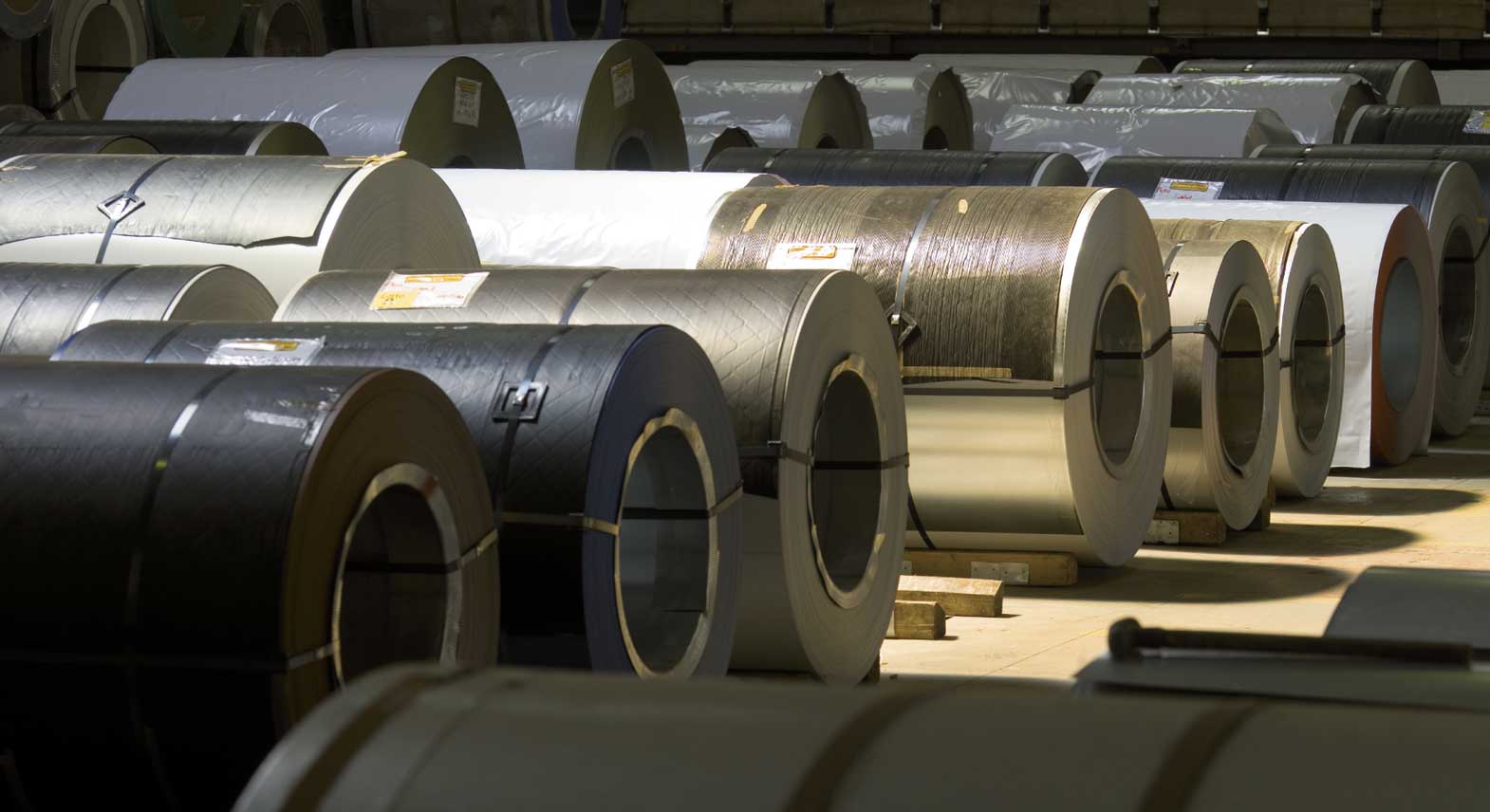Prices for steel hollow sections in Northern and Southern Europe were stable in the week to Wednesday July 13, with market sources believing there could be limited restocking of the product at the end of the month.
Fastmarkets’ weekly price assessment for steel sections (medium), domestic, delivered Northern Europe, was €1,140-1,200 ($1,144-1,204) per tonne on Wednesday, stable week on week.
Traders believed that costs for hot-rolled coil, the feedstock for sections production, have reached rock-bottom and they expected the HRC market to stabilize this month.
Fastmarkets’ daily calculation of its steel hot-rolled coil index, domestic, exw Northern Europe, was €851.25 per tonne on Wednesday, up by €5 per tonne from €846.25 per tonne a week earlier.
This has led to increased sections trading activity this week, with the potential for some limited re-stocking at the end of July.
One trader hoped that the flattening of market levels for HRC would lead to more stable sections prices, so that distributors could start to restock.
“I think stock levels are really low, so it is necessary that we start buying,” the trader said. “With uncertain price levels in the past few weeks, it was impossible to buy. Now, it seems that there is more stability.”
Another trader said that business activity was nil this week, with nothing changing week on week. “Mills are calling [and using social media] and emails, desperate for orders,” he added.
Many mills have stopped or cut their production activity due to the seasonal summer slowdown, but sources shared concerns that such shutdowns and output reductions may last longer, and even into this year’s fourth quarter.
Fastmarkets’ weekly price assessment for steel sections (medium), domestic, delivered Southern Europe, was €1,140-1,180 per tonne on Wednesday, unchanged from one week earlier.
Market sources also expressed concerns about the possibility of Russian natural gas supplies to Germany being cut off permanently after the Baltic Sea pipeline Nord Stream 1 was shut down for 10 days for annual maintenance work.
One market participant said that if Russia’s state gas supplier, Gazprom, did not reopen the pipeline it would create a huge problem for electric-arc furnace-based and basic oxygen furnace-based mills that rely on natural gas.
“Some producers might be able to switch over directly to electricity, or maybe to oil,” he said, “but most producers are absolutely hanging on gas production. They can’t switch over in a very short time – this will need time to rebuild. This will take years.”
The restart of the Nord Stream 1 pipeline was scheduled for July 21.
Published by: Holly Chant






